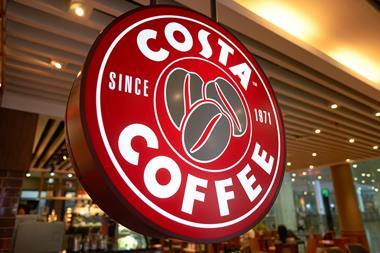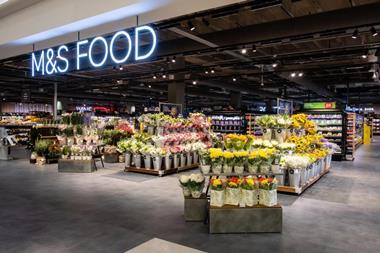Marks & Spencer is set to cut 7,000 roles across the business in the next three months, as it looks to streamline its strategy amid the coronavirus pandemic.
The retailer said that the affected roles would be in its central support centre, across regional management and in stores, “reflecting the change felt throughout the business” over the past few months.
M&S said that it expects the majority of job losses to come from voluntary redundancies or early retirements. The retailer said it planned to create new jobs in online fulfilment, marking a shift in the business.
The business recorded a 30% drop in clothing and home sales in the past eight weeks year on year since its stores reopened – with store sales down 48%. Online sales, on the other hand, were up 39% year on year.
Online currently represents 41% of the retailer’s clothing and home sales and has gained an additional 1.9 million active customers since the beginning of the year.
In the last 13 weeks, total food sales were up 2.5%.
As part of its “Never the Same Again” strategy, M&S is looking to streamline its business, allowing colleagues to work more flexibly across multiple categories.
M&S chief executive Steve Rowe said: “In May we outlined our plans to learn from the crisis, accelerate our transformation and deliver a stronger, more agile business in a world in which some customer habits were changed forever.
“Three months on and our Never the Same Again programme is progressing; albeit the outlook is uncertain and we remain cautious. As part of this programme to embed the positive changes in ways of working through the crisis, we are today announcing proposals to further streamline store operations and management structures.
“These proposals are an important step in becoming a leaner, faster business set up to serve changing customer needs and we are committed to supporting colleagues through this time.”
Read more: Deep dive - Can M&S become the nation’s favourite shop again?
Marks & Spencer has gone from turnaround plan to turnaround plan since the turn of the millennium, but time is starting to run out. As Britain’s favourite retailer loses relevance to today’s shoppers, Retail Week asks: can M&S be saved?


























3 Readers' comments